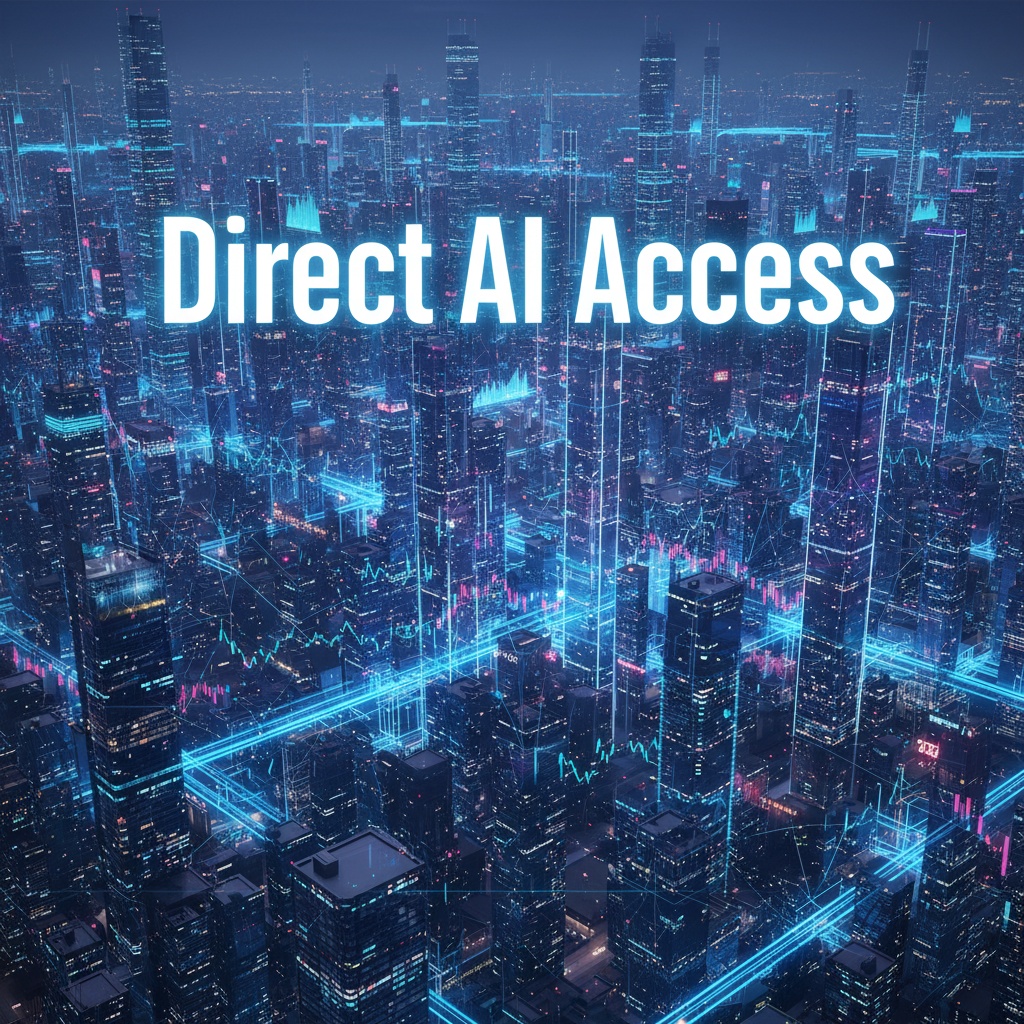Good morning, Asia! Today’s edition brings you key insights from the ever-evolving crypto landscape.
As retail investors seek exposure to the burgeoning AI sector, a notable new player has emerged: Bittensor. Earlier this year, trading platform Robinhood garnered significant attention by promoting tokenized shares linked to OpenAI, allowing users a chance to invest in OpenAI’s growth story. However, legal counsel for OpenAI cautioned that these tokens are not actual equity and deemed the structure unauthorized, posing potential risks for investors.
This situation raises a broader concern regarding accessibility in the investment landscape. Many of the most sought-after AI companies, such as OpenAI and Anthropic, remain private, with their growth largely benefiting only venture capitalists and leading tech giants like Microsoft and Google. Retail investors have found themselves sidelined, either needing to invest in established tech stocks like Nvidia or depending on structured financial products like special purpose vehicles (SPVs) that might not deliver true exposure.
Enter Bittensor and its recent upgrade, Dynamic TAO (dTAO), aimed at democratizing access to AI investments. Launched in February 2024, dTAO seeks to transform the staking mechanism into a venture capital-like model, ensuring that all participants can potentially earn returns on their investments.
Under this new framework, TAO token holders can allocate resources directly to specific subnets, each representing a distinct on-chain AI startup. In return, investors receive “alpha” tokens that are tied to the performance and demand of their chosen subnet. Unlike traditional yield generation methods, this model allows for a meritocratic environment, where only projects that create real value earn derived rewards.
The dTAO ecosystem comprises subnets that foster innovation and competition. One standout is Bridges (SN62), a coding agent that has recently outperformed Anthropic’s Claude 4 in code generation tasks. In a matter of weeks, decentralized miners have managed to boost Bridges’ performance metrics to over 80% accuracy, all while operating on a fraction of the budget compared to centralized counterparts.
Another key player within the Bittensor ecosystem is Chutes (SN64), which functions as a serverless compute backbone for AI applications, offering services akin to a decentralized AWS. Chutes effectively processes billions of tokens daily, quickly scaling models while providing cost savings of up to 85% compared to traditional providers. This enables it to host large language models from DeepSeek on platforms like HuggingFace, establishing itself as a leader in decentralized open-source inference.
For retail investors, Bittensor presents a promising alternative to SPVs, which often come with synthetic claims on private entities prone to legal complications and liquidity challenges. In contrast, the staking process under dTAO is open to all, driven by performance metrics and verifiable achievements recorded on the blockchain.
According to Brad Fuller from Bittensor.ai, during a recent discussion at Taiwan Blockchain Week, “Where most crypto projects protect growth behind exclusive deals, Bittensor’s dTAO provides immediate investment access, allowing participants to capitalize on the rising value of the alpha token.” This setup empowers even everyday investors to partake in the ongoing growth of AI technologies.
With ongoing developments in automated intelligence and many leading firms remaining out of reach from public investments, Bittensor positions itself as a viable option for those looking to gain exposure to this fast-paced sector without navigating through the complexities of traditional financial markets.



